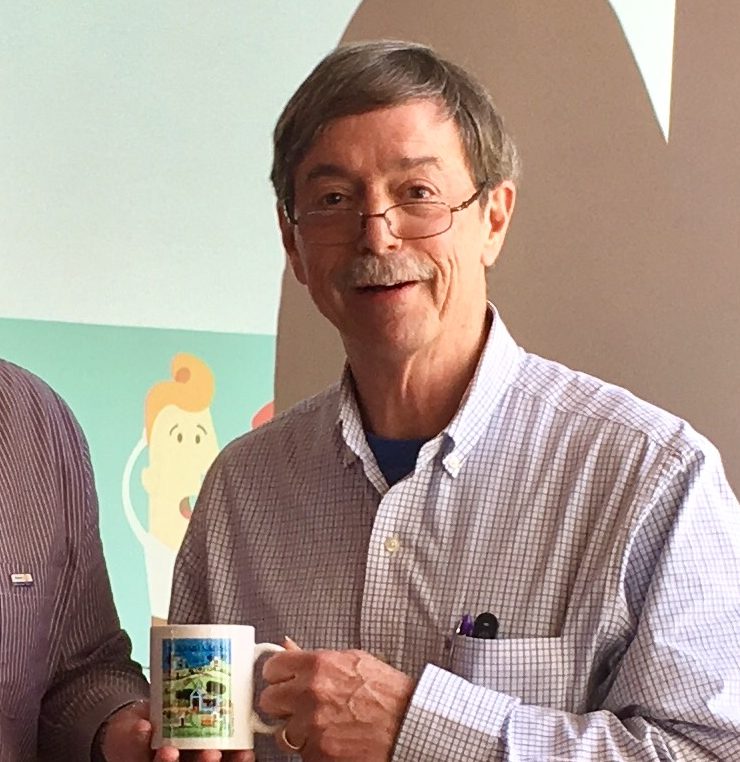Your cart is currently empty!
When Instant History Invades the Classroom
JFK
Many of us were alive in November 1963 when JFK was assassinated, and we will always remember where we were. Many of us were also in school. I was in debate class, and we sat in stunned silence listening to the news reports from Parkland Hospital until his death became official. I’m fuzzy on what happened next, except that for some reason I remember that the school had to decide whether or not to go forward with the Senior Play, that evening. (The final decision was yes.)
I’m not sure I know how that event was handled in the grades below those of us in high school, but I suspect it was not easy for elementary teachers. It’s hard to choose/filter your curriculum in moments when instant and tragic history bursts into the classroom uninvited.
9/11
Most of us were alive on 9/11, and few of us will forget that either. Those of us over 40 were out of school by then (this time, my wife and I were in Ireland, soon to be stranded in Scotland), but many were not. It was hard enough to process and deal with that event as an adult (I remember lines of well-wishers with flowers around the block at the US Embassy in Dublin), but imagine trying to explain it to classrooms of students, especially of younger ages. If you were in school then, do you remember how your teachers and schools handled it?
January 6
You know where this is going. A little over two weeks ago, on January 6 we experienced another tragic history-making event, and it will likely burn into our memories as the others did. But this event was drastically different than similar tragedies through the years. Not only was it an attack on our country and hallowed buildings (similar to 9/11), but it was – tragically – an attack from within our own borders. And it occurred amid a time of unprecedented division among us. And it certainly didn’t unite us. How do we make sense of it? How do we handle it? We may never answer that question.
So, starting on the very next morning, how in the world do/did our teachers help their students to begin to understand what happened?
How do we handle it?
How do we deal with such events in schools? And, in this case, how do we do it fairly, objectively, and minimizing the biases of either side of our deeply divided political aisles?
How would YOU do it? (Perhaps you had to do it with your own children that evening?) And, if a teacher, do it in an objective way? Without yielding to political views, and yet without glossing over the facts? And do it in age-appropriate way, with discussions, as needed, from kindergarten up through high school age students? How, indeed!
Perhaps, the only appropriate place to start is to follow two guidelines, in an age-appropriate manner: Keep it simple, and stick to the truth. As if either of those is easy in these divided times and with this unprecedented event!
How about this: A mob of angry citizens attacked and over-ran the very symbol of our democracy – the US Capitol – in a violent protest of an election they claim was flawed. That sentence will not please either political extreme, but it states facts, and it gives a teacher a place to start with whatever pedagogical discussions are appropriate for their students’ grades and knowledge levels.
Teaching is hard enough as it is, and unbearably difficult in these COVID-19 times. Thanks to the heroes who had to deal with January 6 in their classrooms. May they never have to do it again in our lifetimes.

Comments
4 responses to “When Instant History Invades the Classroom”
I wonder if we are expecting too much of our teachers?
Teachers in my day were masters at Focus and Redirection. Class material was their upmost concern, and pointed admonishment to stay on task was primal. Maybe viewed as a bit rigid by today’s standards, but we knew what was expected and understood our boundaries.
Parents were tasked with ‘making sense’ of headlines and events. Admittedly, not all were available, willing, or able. My grandfather was an eager consultant, but his discourse was often beyond my understanding.
So, a hearty ‘yes!” to your point of ‘Keep it simple, and stick to the truth’.
BUT, from him, I learned community and political issues often have years and layers of other entanglements behind them.
It is said ” anger clouds the mind and distorts the truth”.
The manner of anger in this country has been not only blind, but also SELF-DESTRUCTIVE and SELF-DEFEATING.
Educators have long been, in my mind, point guards to societal and cultural changes. But it certainly seems they are increasingly traversing a precarious and volatile cliff.
Courageous and Discerning Minds for this task are indeed of a current and future concern.
Well said, on all points, Christine!! And, to my way of thinking, we expect WAY too much of teachers!! (and in so doing, we often – not always – abdicate some parental and societal responsibilities.) One of my biggest gripes is that not only do we expect too much of teachers, but THEN, when they sometimes have trouble delivering ALL of that, we tend to blame them for falling short!!
Great column. Really important. I was a grown up father when JFK was killed. We still don’t know enough about that. And yes, children in school should learn about what goes on now as well as in history. Sticking to the truth may be challenging.
Thanks, Dan!! Yes, indeed, ‘sticking to truth may be challenging’, partly because we have been labeling too many things as ‘truth’ (or allowing them to be labeled as such).